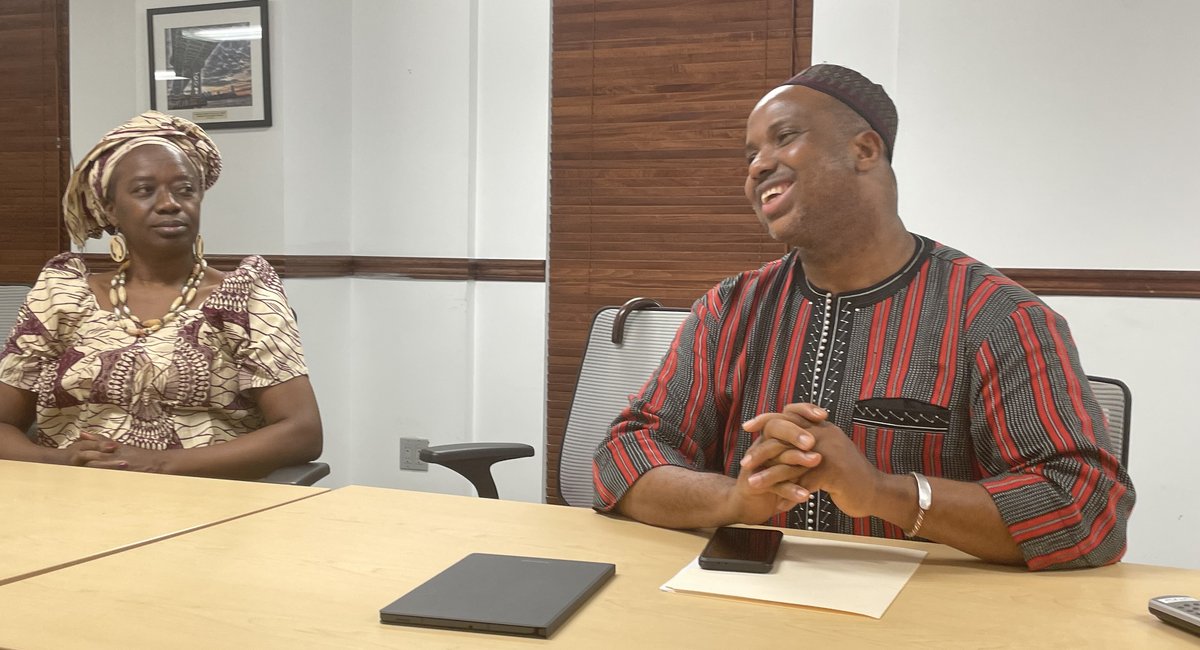Mamadou Diallo isn’t always the first interpreter that his asylee clients speak to.
One client, a woman in her mid-50s, had struggled to communicate with another interpreter, who spoke a different version of Fulani, a West African language.
Diallo recalled that at one point, after he’d conversed with the woman, her relieved daughter said, “Oh, we have the right one.”
Diallo, 45, from Senegal, is a founding member of the African worker-owned cooperative Afrilingual, which aims to improve the offerings of city agencies’ required language services – while providing local immigrants with well-paying jobs.
The 10-person group, which will officially launch in August, will be joined by cooperatives versed in other languages, and a Community Interpreter Bank for more common languages, all aiming to serve the immigrant community’s language needs from within.
The city invested $5 million in the efforts last year, but it’s unclear if they’ll get a spot in the next budget due on Friday. The initiatives were left out of Mayor Eric Adams’ proposed budget.
Accurate and accessible information and services is a matter of life and death for individuals, and a public health imperative for all of us.
The co-op will compete with out-of-state companies ranking in the lion’s share of city contracts for translation and interpretation services, worth some $13 million in 2019 and $21 million in 2020, according to estimates from the Independent Budget Office. Some city officials and advocates contend the existing providers are insufficient and leave many foreign-language speakers to rely on family members and nonprofits for help.
The need for interpreters in the city has only grown in the last year amid an influx of tens of thousands of new migrants to the city, including many from African countries.
“We see more and more people who need language-access services,” said Maimouna Dieye, program manager at African Communities…
Read the full article here

Leave a Reply